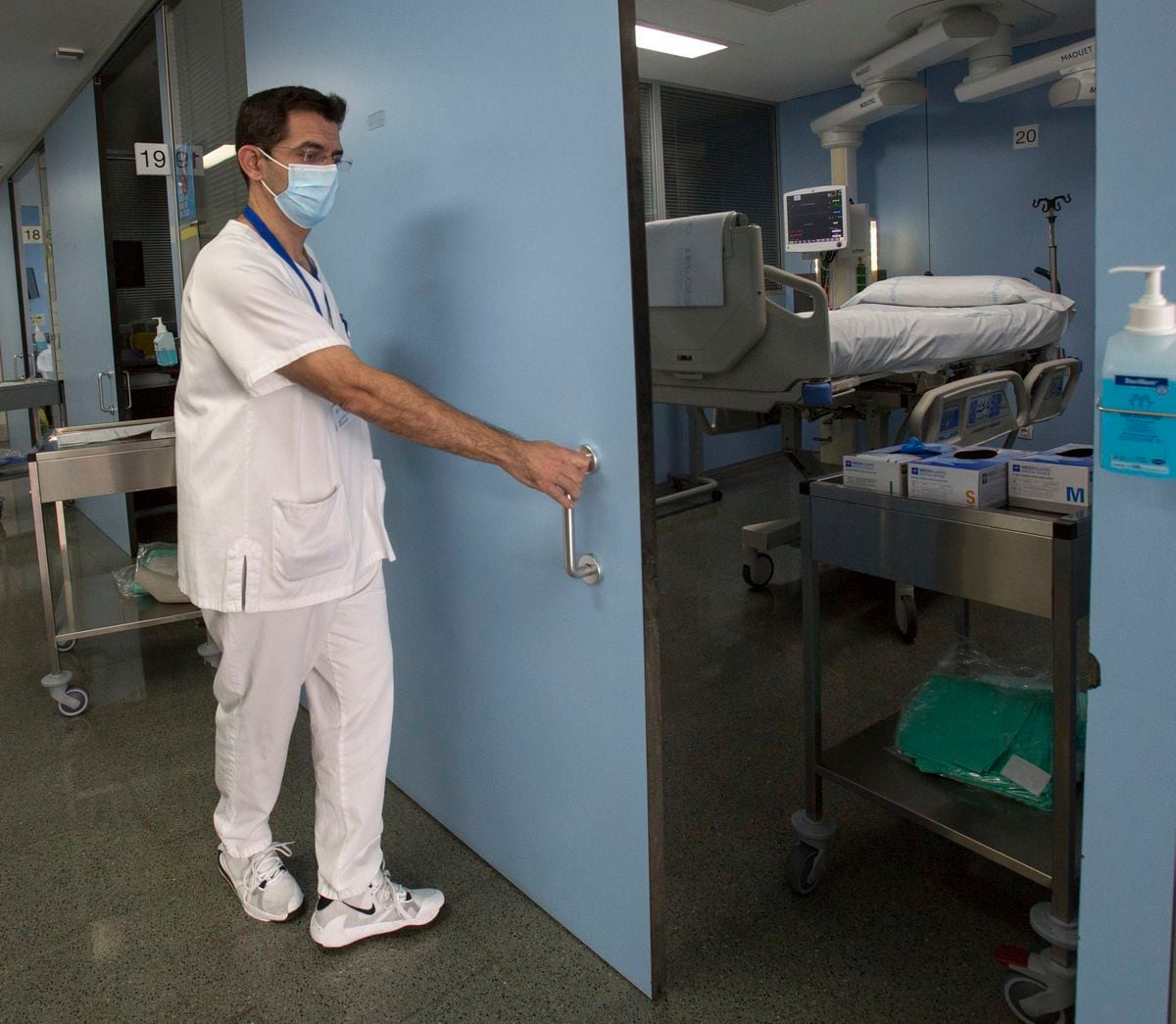The World Health Organization (WHO) has assured that the increase in cases of acute childhood hepatitis of unknown origin is a "very urgent" issue.
"We are giving absolute priority to this and to working very closely with the European Center for Disease Prevention and Control in management and coordination," the WHO Regional Director of Emergencies, Gerald Rockenschaub, assured on Monday in Lisbon.
The specialist explained that they have put several countries on notice to “be attentive to this more specifically”, after the increase in reported cases.
"We are doing everything possible to quickly identify what is causing this and then take the appropriate measures, both nationally and internationally," said Rockenschaub, who is in Portugal for the Universal Health and Preparedness Review (UHPR). its acronym in English), a project to share resources between countries to prepare responses to public health emergencies.
More information
Cases of severe hepatitis in children amount to 21 in Spain, which continues without registering more than other years
The first 10 cases of this acute hepatitis were reported by the United Kingdom to the WHO on April 5, in children under 10 years of age with no previous ailments, and since then infections have also been detected in Spain, Israel, Denmark, Italy, the United States United States and Belgium, among other countries.
Last Friday, the Ministry of Health raised the number of cases detected in Spain to 22.
Of them, one has required a liver transplant -this data has not changed in the last seven days- and at least five have been admitted to the ICU, although the evolution of all the patients whose situation has emerged is favorable and most have received discharge.
The age of those affected ranges between one month and 16 years, in most cases they do not have fever, and in none of them have the viruses associated with these ailments been detected (hepatitis A, B, C, D and E) , according to the health organization.
In Portugal, a country that has not yet detected cases, the General Directorate of Health announced the creation of a body of work to monitor the situation.

